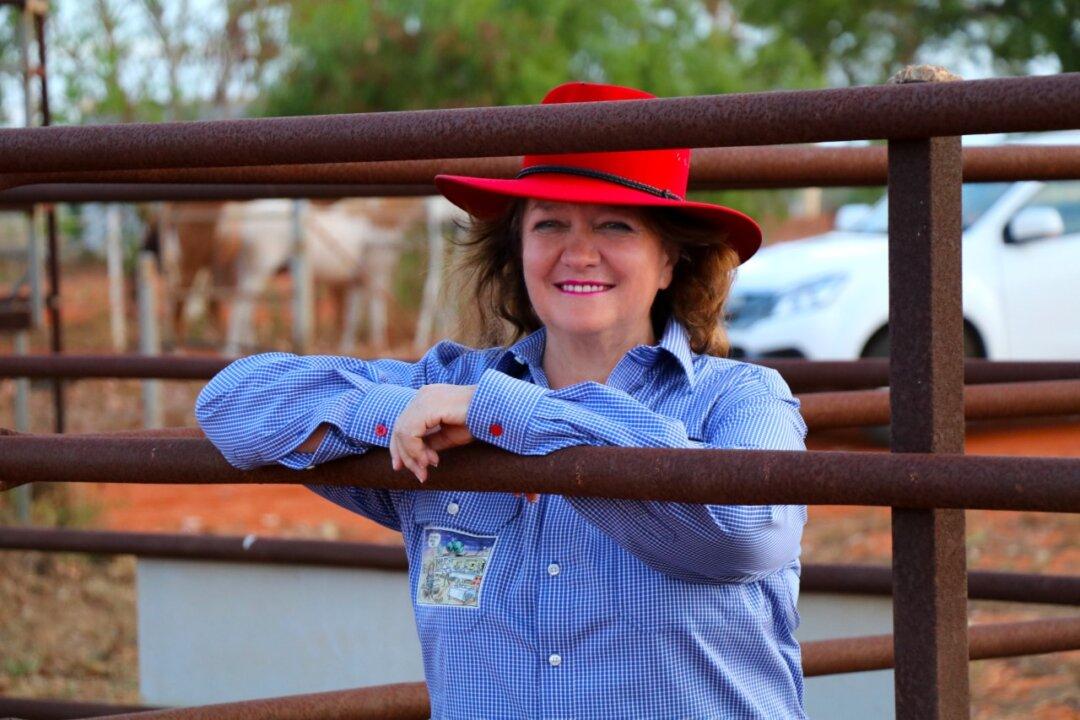Australia’s richest person has warned that net-zero will “crumble to unachievable” without a strong and healthy mining industry.
Gina Rinehart, who holds a $34 billion mining-based fortune and has topped the Australian Financial Review Rich List for three consecutive years, said electricity touches “pretty well everything we daily need”, and mining will be essential for making solar panels and electric vehicles and creating wind power.




